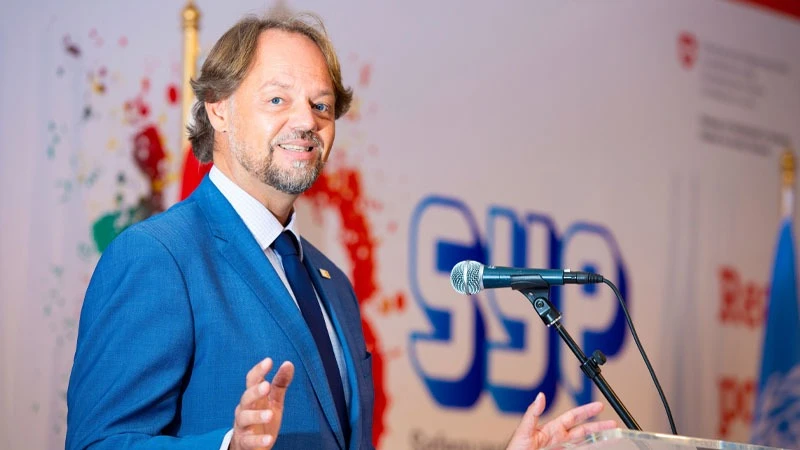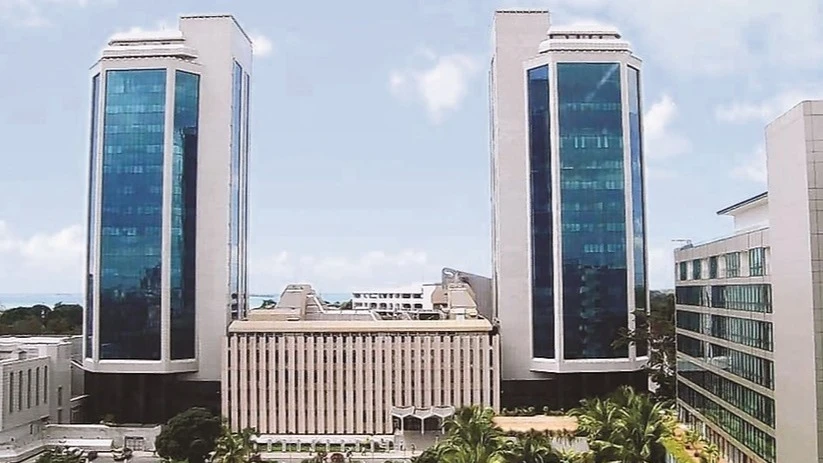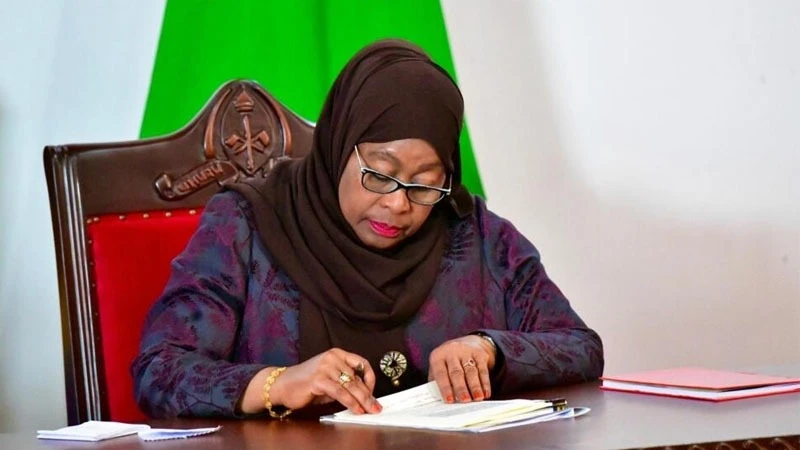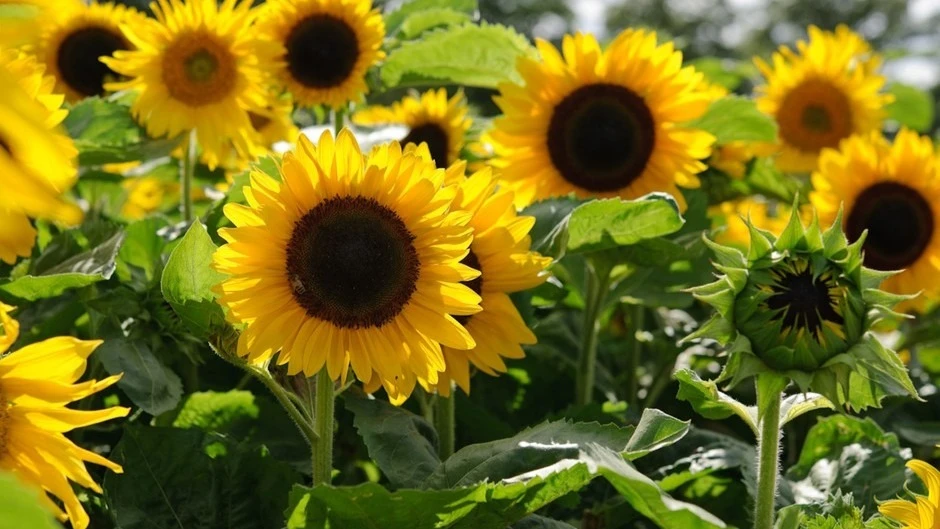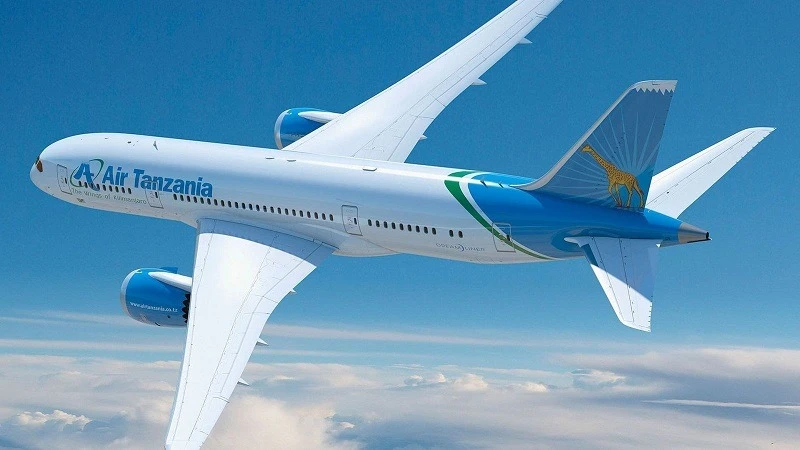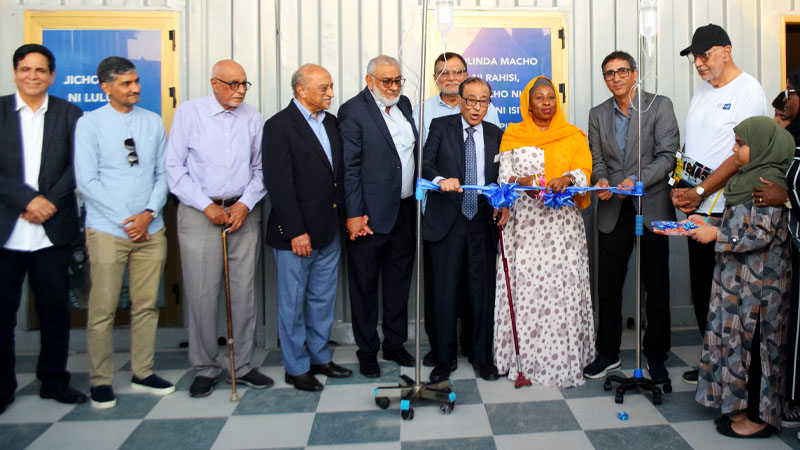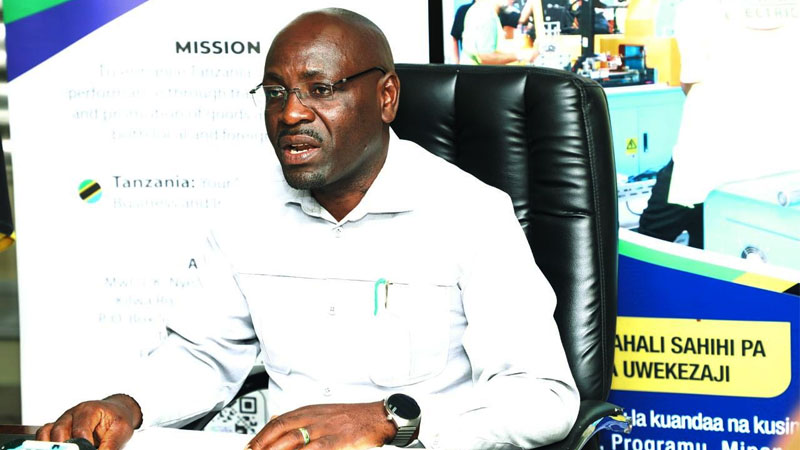Govt to spend 29bn/- on livestock vaccination campaign in 2024/25
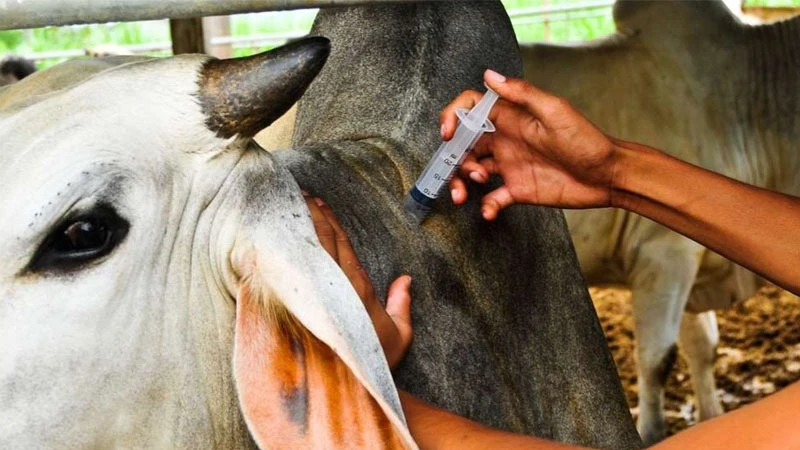
THE government has allocated 29bn/- for the national livestock vaccination campaign to address zoonotic diseases this financial year.
Dr Benezeth Lutege, acting Director of Veterinary Services (DVS) in the Ministry of Livestock and Fisheries, said this here yesterday when speaking during graduation of 30 youth who accomplished four-month training on veterinary issues.
The training was held at the Sokoine University of Agriculture (SUA) and organized by the UN Food and Agriculture Organization (FAO) with financial support from the US Agency for International Development (USAID).
Dr Lutege said that the vaccines will begin to be administered to cattle, goats, sheep and chickens and will be in tandem with anti-rabies.
“In this campaign, we target to reach more than 17 million cattle, 17 million goats and sheep, and more than 40 million chickens at the government's expense, meaning owners will not have to pay anything,” he said.
He appealed to livestock keepers to prepare for the vaccination and identification since all animals vaccinated will be given ear tags.
He said that the current vaccination situation has improved after the government created good environment for vaccine production in the country whereby three factories produce livestock vaccines, including the Kibaha-based Tanzania Vaccine Institute which has reached the level of producing seven types of vaccines.
Other vaccine factories are Esta Bio-Scientology Limited located in Kibaha which also has eight types of vaccines and the Morogoro-based Novabi which produces three types of vaccines.
Prof Riziki Shemdoe, Permanent Secretary in the Ministry of Livestock and Fisheries asked the graduates to ensure that they put their 30 research reports in one book to help understand findings for the country's development.
FAO Country Representative to Tanzania Dr Nyabenyi Tipo said youth capacity building programme is an important issue that brings development to livestock resources and helps reduce poverty.
Dr Tipo said that investing in the health and protection of animals nationally and internationally helps to improve their conditions and increase productivity for domestic and foreign markets.
Top Headlines
© 2024 IPPMEDIA.COM. ALL RIGHTS RESERVED








